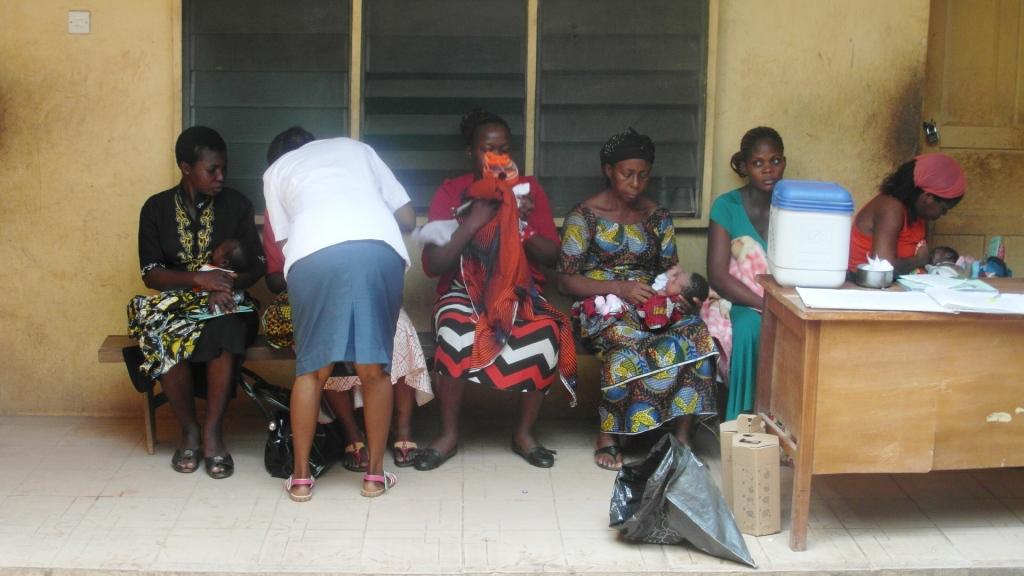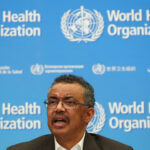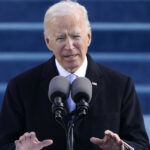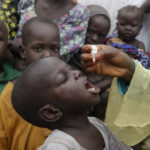The cost of tackling measles and polio could get as high as $655 million worldwide, as COVID-19 pandemic continues to obstruct access to immunisation, says the World Health Organisations (WHO) and United Nations Children Funds (UNICEF).
UNICEF and WHO called for emergency action to avert major measles and polio epidemics.
They say an estimated $655 million ($400 million for polio and $255 million for measles) are needed to address dangerous immunity gaps in non-Gavi eligible countries and target age groups as COVID-19 continues to disrupt immunization services worldwide, including Nigeria.
The disruptions are millions of vulnerable children worldwide at heightened risk of preventable childhood disease.
Measles is among leading cause of death and disability among children.
Only 54 in 100 children get their first dose of measles vaccine in Nigeria, a country declared free of the wild poliovirus in August 2020.
UNICEF Executive Director, Henrietta Fore said, with COVID, they have the tools and knowledge to stop diseases such as polio and measles adding that what they need are the resources and commitments to put these tools and knowledge into action.
“If we do that, children’s lives will be saved. We cannot allow the fight against one deadly disease to cause us to lose ground in the fight against other diseases.”
The WHO Director General, Dr Tedros Adhanom Ghebreyesus also said, COVID-19 has had a devastating effect on health services and in particular immunization services, worldwide while addressing the global COVID-19 pandemic is critical.
“However, other deadly diseases also threaten the lives of millions of children in some of the poorest areas of the world. That is why today we are urgently calling for global action from country leaders, donors and partners. We need additional financial resources to safely resume vaccination campaigns and prioritize immunization systems that are critical to protect children and avert other epidemics besides COVID-19.
“In 2019, measles climbed to the highest number of new infections in more than two decade Nigeria remains at risk of both polio and measles outbreaks due to the inadequate improvements in increasing the routine immunization coverage in children receiving lifesaving vaccines.”
UNICEF Nigeria Country Representative, Peter Hawkins said, “Nigeria is conducting supplemental immunizations to prevent outbreaks adding that immunization is the best way to secure the future of our children.
“It is very safe, effective and available at all government health centres. All caregivers and parents need to ensure that their children are fully vaccinated and protected from childhood killer diseases including ensuring that all doses are taken, so that the vaccine can be effective.”
WHO Country Representative, Walter Kazadi Mulombo also said we must continue to engage traditional and religious institutions, as well as other key stakeholders at the community level, to stay vigilant and keep up vaccination rates to avert a resurgence of the wild poliovirus and to address the continued threat of the vaccine-derived polio and other vaccine preventable disease outbreaks, including measles.
Poliovirus transmission is expected to increase in Pakistan and Afghanistan and in many under-immunized areas of Africa, according to WHO and UNICEF as failure to eradicate polio now would lead to global resurgence of the disease, resulting in as many as 200,000 new cases annually, within 10 years.

 Join Daily Trust WhatsApp Community For Quick Access To News and Happenings Around You.
Join Daily Trust WhatsApp Community For Quick Access To News and Happenings Around You.



